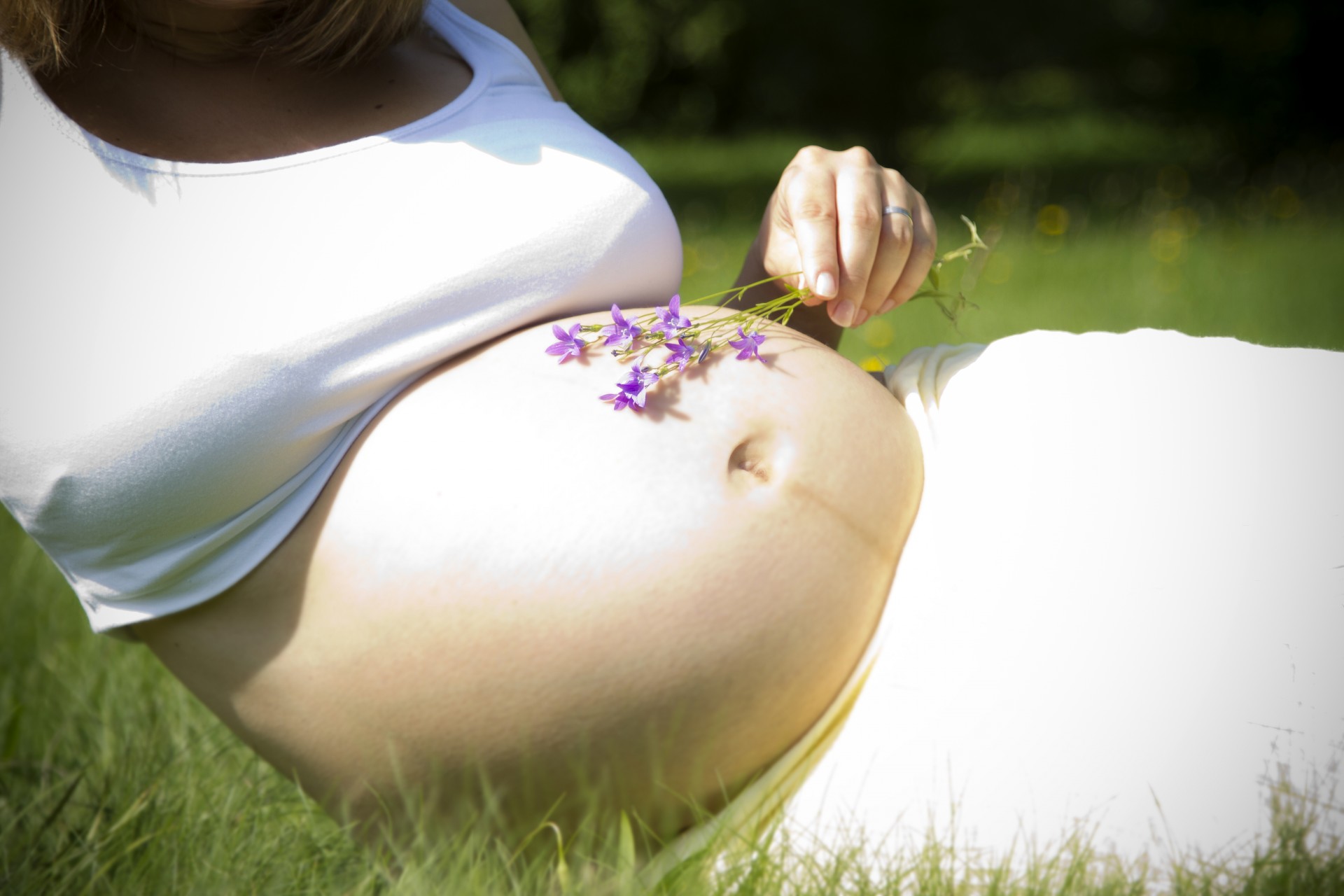
Egyptian Facebook user Reem Mehanna took to the social media platform to publish a public video, sharing her experience with oocyte cryopreservation or egg-freezing.
In the video, Mehanna remarks that when she first decided to go through with the procedure, her OB-GYN told her that he believed she was the first woman in Egypt to opt for egg-freezing. The Facebook video, posted 3 weeks ago, has since gone viral, drawing both criticism and praise from users in Egypt.
Mehanna went on to detail how she underwent the procedure a few years ago, explaining that it entailed making several incisions along her abdomen to extract her eggs (oocytes), before reassuring viewers that they normally last from 20 to 30 years in their cryogenic state.
She also offered an explanation as to why she decided to go through with the procedure, saying: “I froze my eggs because I have always wanted to get married after the age of 30, so my career will have taken off, but I can’t guarantee when I will fall in love with someone who is right for me. I could meet him when I’m 32 or 37, in which case I’ll have no problem getting pregnant, but he could come along when I’m 46 or 47, at which point, conception will be challenging.”
Reem Mehanna’s video announcement (source: Facebook)
The social stigma around unmarried women past a certain age, has often driven many into unsuccessful marriages that usually end in divorce. “I completely reject this idea that women who haven’t married past a certain age have to marry whoever and settle down because my biological clock is ticking. That was never an option for me,” she says, adding that the reason she was telling her story is so that women who wish to put off marriage know that they have options.
Mehanna explained that, once she has settled down and decided to start a family, she would only consider using the frozen eggs through in vitro fertilization if she can’t conceive naturally. She also added that cancer patients should consider getting the procedure done. “Women who should definitely opt for this procedure are those diagnosed with cancer, so they’ll have time to do it before undergoing chemotherapy, because chemo causes infertility in many cases,” she concluded.
Issues pertaining to women’s reproductive health and rights, such as abortion, birth control, or even in vitro fertilization, have traditionally been highly controversial, and even polarizing, in Egyptian society.
Soon after Mehanna’s story went viral, Dar al-Iftaa, Egypt’s primary Shariah law legislature, issued an edict in favor of the procedure, reports Egypt Today. The organization deemed egg-freezing halal, provided the oocytes are only fertilized by the lawful husband’s sperm in his lifetime, meaning they cannot be combined with the genetic material of a man outside the bonds of marriage or a deceased or an ex-husband. Dar al-Iftaa also stressed the importance of safeguarding and safekeeping of the eggs to prevent the mixing of lineages, which is strictly forbidden in Islam, and birth defects resulting from mishandling.







Comments (0)